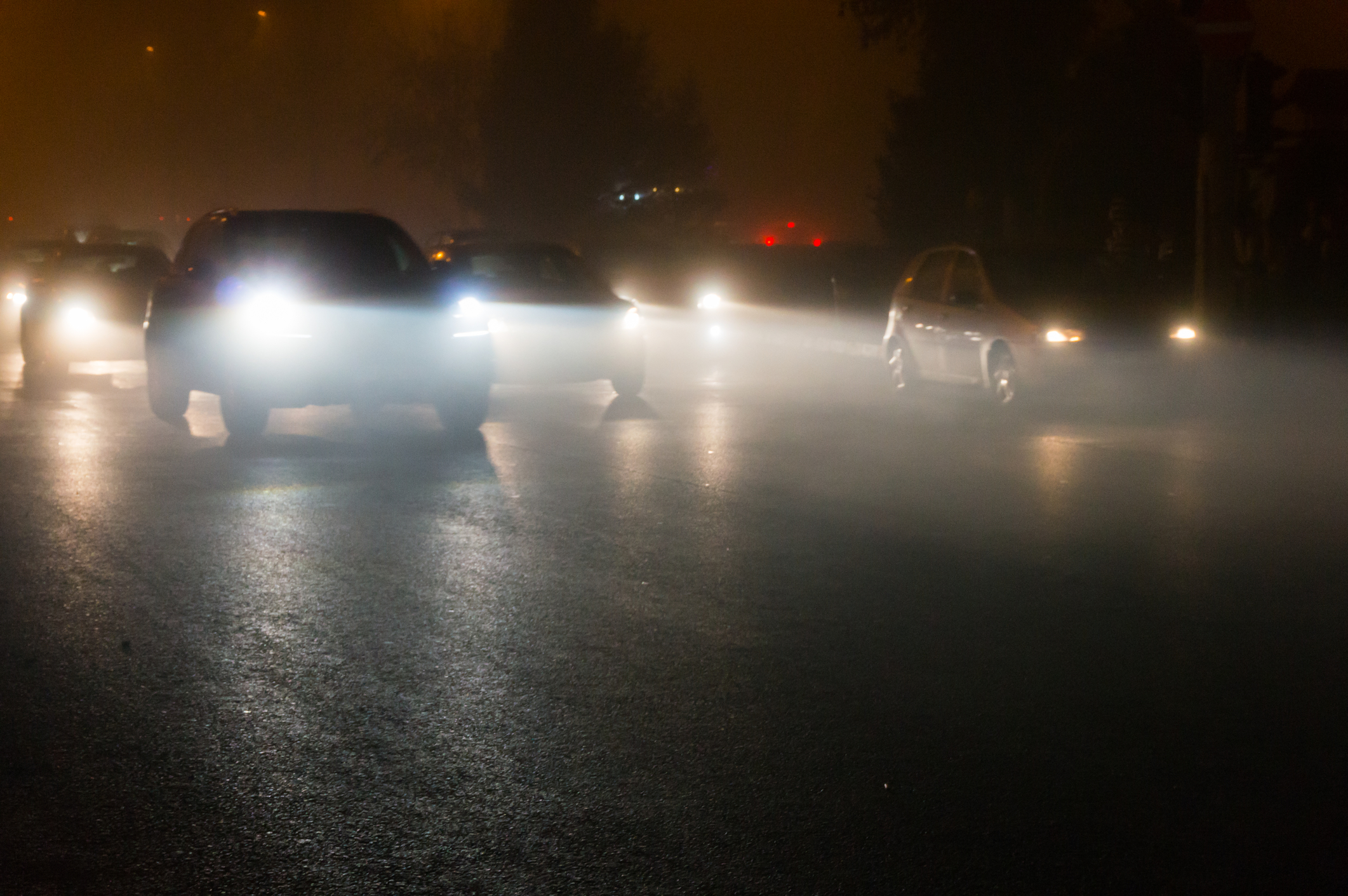A Restful Night's Sleep Can Make for A Safer Drive

We all know the importance of a restful night’s sleep. But millions of Americans don’t get the sleep they need and safety experts warn that leads to a spike in drowsy driving.
“When we are tired, we can be deadly,” said Emily Whitcomb, senior program manager of the fatigue initiative at the National Safety Council, an organization devoted to reducing preventable deaths.
Law enforcement also stresses the dangers of driving while exhausted.
“Drowsy driving can be just as dangerous as driving under the influence. Drowsiness impairs judgment, performance, and reaction time just like alcohol and drugs,” said Warren Stanley, acting commissioner of the California Highway Patrol. “Getting enough rest everyday will be your best defense in reducing your chances of being involved in a collision.”
The National Safety Council recently conducted a probability-based survey that found 70 percent of Americans are concerned their sleep habits affect their physical health. Roughly 43 percent of those surveyed said they “frequently” get enough sleep to feel their best the next day.
That means 57 percent feel they don’t.
Chronic sleep deprivation impacts nearly every aspect of a person’s overall health and can lead to obesity, cardiovascular disease, depression and other illnesses. The National Sleep Foundation recommends American adults get seven to nine hours of sleep every day. Yet 30 percent are sleeping six or fewer hours each day, according to Centers for Disease Control.
The National Safety Council’s survey also found that:
- 59 percent of respondents are worried about how sleep affects their family life
- 63 percent are concerned about how sleep impacts their job performance
- 49 percent believe their sleep quality was “good” in the last seven days; 11 percent characterized it as “poor”
- 30 percent say work-related stress contributes to their lack of sleep or ability to stay asleep
- 59 percent say they are not able to perform their job as well when they are tired.
For more information, visit www.nsc.org/fatigue.